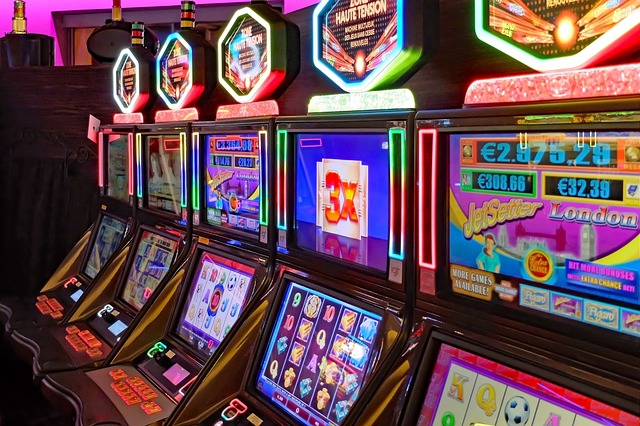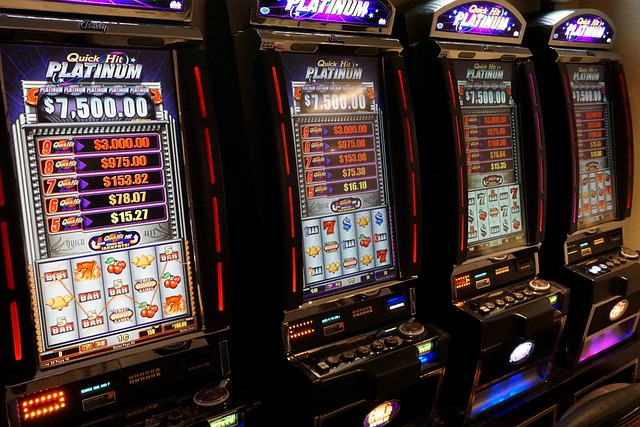In the vibrant fabric of gambling, mathematics and luck are intertwined in a fascinating dance of probability and omen. Far from cold calculations, there is a world where the allure of the unknown rules – a realm where taking a gamble online can feel almost like a modern ritual, and ancient superstitious practices whisper secrets to hopeful gamblers.
Ancient Roots of Rituals and Beliefs
Imagine the dusty streets of ancient Rome, where the clang of dice rang out against marble. Even in that distant time, gamblers prayed to the goddess Fortuna or wore amulets to tilt fate in their favor. The 1st century BC saw Roman nobles rely on talismans depicting Mercury, the messenger of the gods and protector of gamblers, to attract good fortune in their games. These rituals were not only gestures of hope but reflections of a deep belief that the afterlife could be persuaded to intervene in mortal affairs.
The Hand of Figà: A Gesture Against the Evil Eye

Crossing oceans and centuries, we arrive in Brazil, where the ‘Hand of Figà’ asserts itself as the supreme symbol against bad luck. This representation of a hand with the thumb clasped between the index and middle fingers is more than a simple ornament. For gamblers who frequent the green tables of casinos, it is a bulwark against losses, an unspoken promise that fortune will smile upon them. A 2012 study found that over 80% of players rely on such rituals or talismans, a sure sign that superstition reigns supreme in the realm of risk.
Champion Rituals: Between Science and Superstition
Even the most analytical minds can succumb to the lure of superstition. Take Phil Hellmuth, the titanic poker champion, known as much for his skill as for his rituals. It is not uncommon to see him wearing shirts and hats chosen to bring him good luck during crucial competitions. This mix of calculation and belief highlights a universal truth: in the beating heart of competition, where every hand can decree fate, even the most rational players can seek comfort in a touch of ritual magic.
These practices, which combine the ancient and the modern, reflect an intrinsic human need to seek control in a universe governed by chance. From ancient amulets to modern online logins, the history of gambling is littered with human attempts to negotiate with fate, to find order in the chaos of cards and dice.
In the narrative of gambling, every player is both a scientist and a priest, analyzing the odds while whispering unspoken prayers to the forgotten gods of gambling. And in this world where every bet is a bridge between logic and hope, perhaps the real magic is precisely this strange alchemy of numbers and dreams.
The challenge of luck in the digital world

With the advent of online gambling, one might think that superstition has lost ground, but this is not the case. Even among users who log in to platforms, superstitious practices persist. Some online players follow rituals such as clicking the mouse in a certain sequence or playing only at certain times of the day.
In a world where every decision can change a life, the connection between gambling and superstition continues to weave a fascinating tale of hope, destiny and the human desire to find order in chaos.
